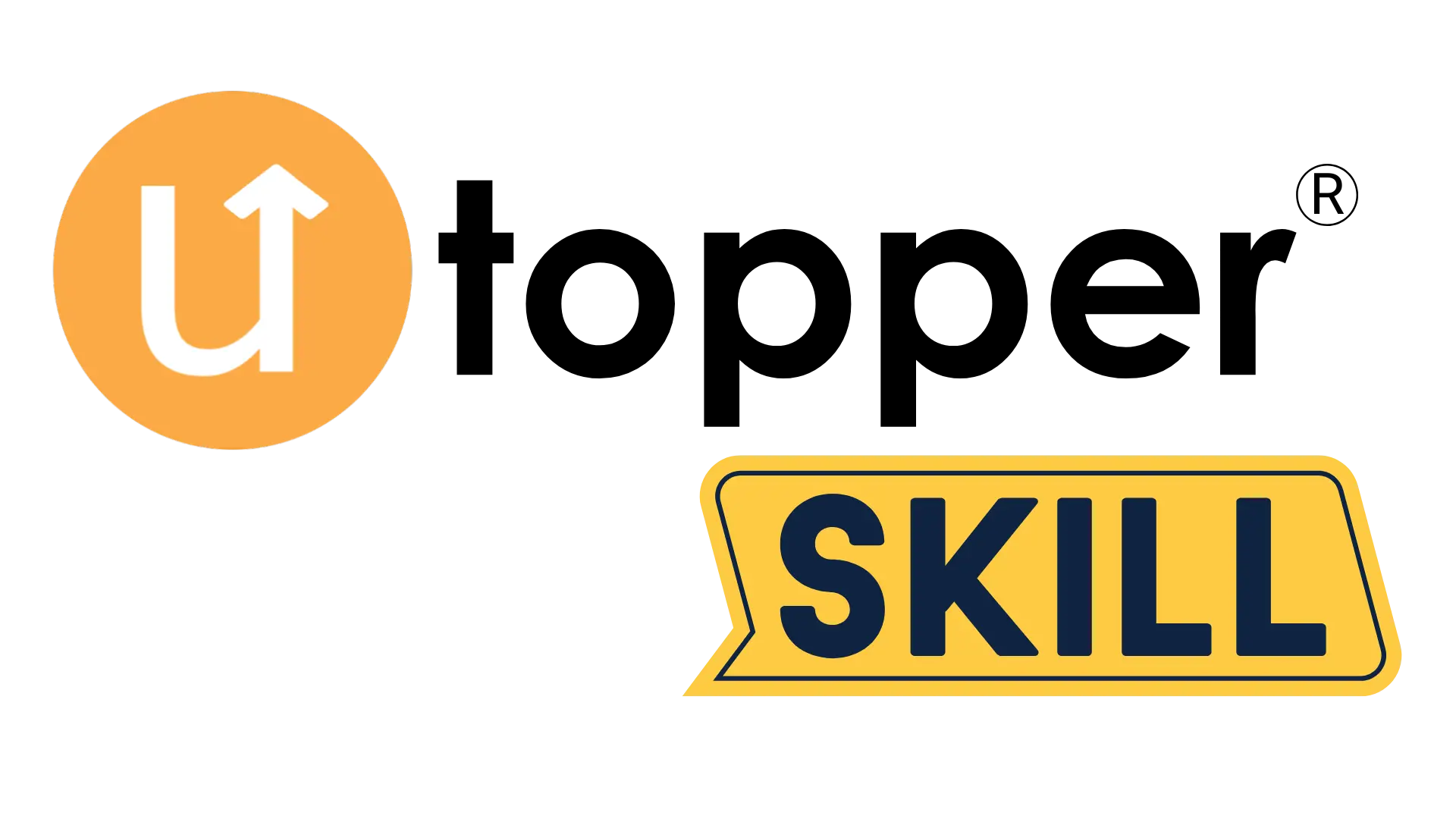Control Statements in C Programming
In this article, we will explore the Control Statements in C programming. These statements help us direct the flow of a program by making decisions, looping through blocks of code, and managing how our code executes. Whether you’re new to programming or looking to strengthen your understanding, this guide will help you grasp the basics of Control Statements in C Programming.
Control statements are statements in C programming that allow the program to make decisions and control the flow of execution based on certain conditions. They help to make the program more flexible and allow it to perform different actions depending on the input or other factors.
Types of Control Statements in C
Conditional statements: These statements allow the program to execute certain instructions only if a certain condition is met. The most commonly used conditional statement in C is the “if statement“. There are also other conditional statements such as “else if” and “switch” statements.
int x = 10;
if (x > 5) {
printf("x is greater than 5");
}Loop statements: These statements allow the program to repeat a set of instructions multiple times based on a certain condition. The most commonly used loop statements in C are the “for loop“, “while loop“, and “do-while” loop.
for (int i = 0; i < 10; i++) {
printf("%d\\n", i);
}
Jump statements: These statements allow the program to transfer control from one part of the program to another. The most commonly used jump statements in C are “break”, “continue”, and “goto” statements.
for (int i = 0; i < 10; i++) {
if (i == 5) {
break;
}
printf("%d\\n", i);
}
By using these control statements, programmers can create more complex and powerful programs that are able to perform a wide range of tasks. The ability to make decisions and control the flow of execution based on certain conditions is essential in programming and is one of the key features that makes C a popular and powerful programming language.


